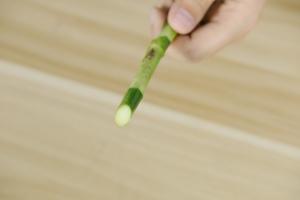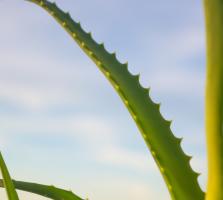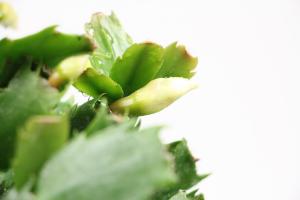Introduction
Water is essential for plant growth and survival, but not all water is created equal. While freshwater is ideal for plants, seawater can have detrimental effects on their growth and health. In this article, we will explore the question: does seawater kill plants?
The Effects of Seawater on Plants
Seawater contains high levels of salt and other minerals that can disrupt the balance of nutrients in plants. When plants absorb seawater, the excess salt can build up in their tissues and disrupt their ability to perform vital functions such as photosynthesis and nutrient uptake.
Furthermore, the high salt content of seawater can dry out the soil, making it difficult for plants to absorb water and nutrients. This can lead to dehydration and eventually death if the plant is not able to access enough freshwater.
Examples of Plants That Can Survive in Seawater
While most plants cannot survive in seawater, there are some species that have adapted to these conditions. Mangrove trees, for example, are able to tolerate high levels of salt by filtering it out through their leaves and roots. Saltmarsh plants such as cordgrass and glasswort are also able to thrive in saline environments.
However, it should be noted that these plants have special adaptations that allow them to survive in seawater, and they are not typically found in traditional garden settings.
The Risks of Using Seawater on Garden Plants
Some gardeners may be tempted to use seawater as a substitute for freshwater, especially in areas where water is scarce or expensive. However, this is not recommended for several reasons.
Firstly, as we have mentioned, the high salt content of seawater can damage and even kill most garden plants. Secondly, seawater can contain pollutants such as heavy metals and chemicals that can accumulate in plant tissues and present a health risk if consumed.
Finally, even if seawater is filtered or treated to remove harmful substances, it is unlikely to contain the same balance of nutrients as freshwater. This can lead to deficiencies in essential minerals and vitamins that can impact plant growth and overall health.
Conclusion
So, does seawater kill plants? The answer is generally yes, most plants cannot survive in seawater due to its high salt content that can damage or kill them. While some specialized plant species have evolved to tolerate saline environments, these are not typically found in garden settings.
Gardeners should avoid using seawater on their plants and instead focus on providing freshwater and balanced nutrients to promote healthy growth and productivity.

 how many times do yo...
how many times do yo... how many planted tre...
how many planted tre... how many pine trees ...
how many pine trees ... how many pecan trees...
how many pecan trees... how many plants comp...
how many plants comp... how many plants can ...
how many plants can ... how many plants and ...
how many plants and ... how many pepper plan...
how many pepper plan...
































